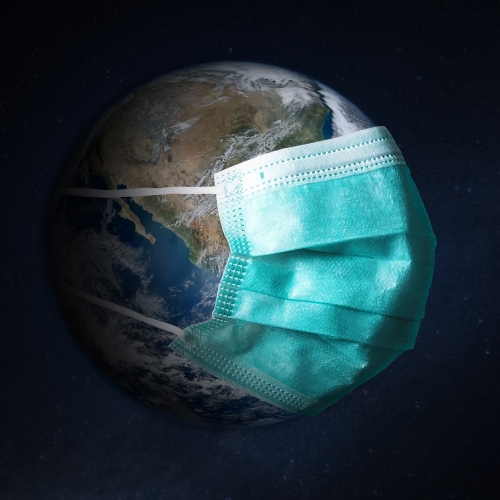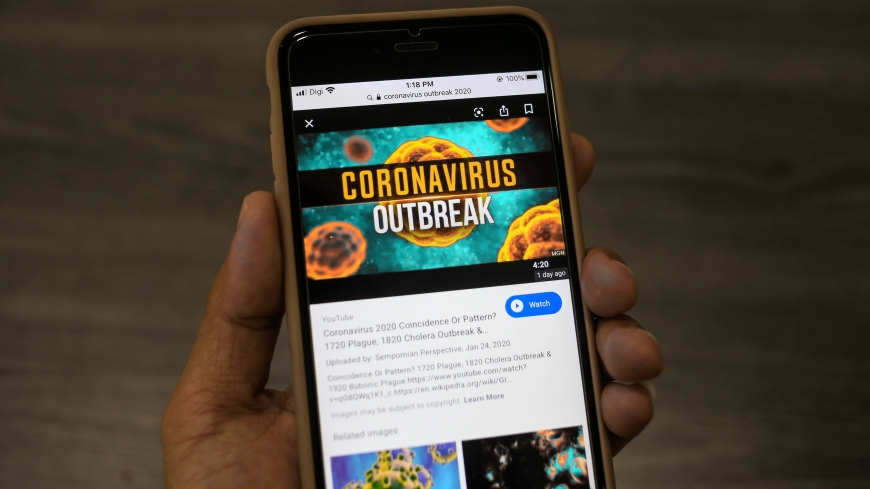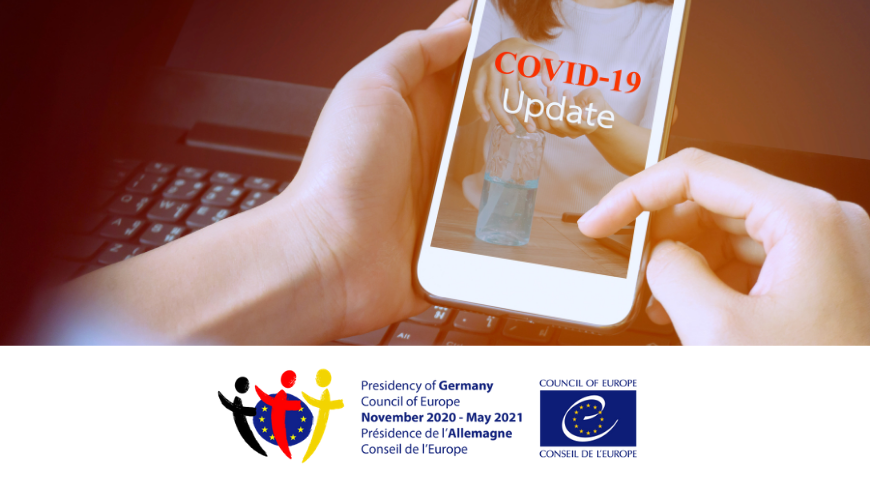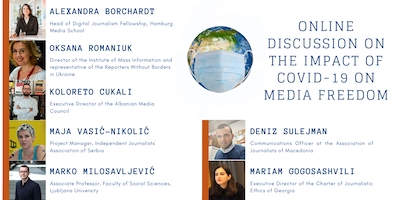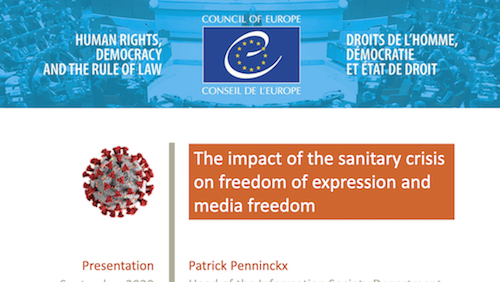Statement by the Council of Europe’s Committee of experts on media environment and reform (MSI-REF)
The evolving coronavirus (COVID-19) pandemic is causing a public health emergency. In this time of great public concern, it is of particular importance for member states to recognise the crucial role of independent media.
Now, more than ever, we need reliable journalism, resting on the standards of professional ethics, to keep the public informed and to scrutinise the measures taken in response to the global health threat. We need accurate information, including in-depth research by science journalists, to counter rumours and disinformation that could lead to panic. This can be facilitated by creating forums for dialogue among governments and media stakeholders.
In line with the Council of Europe Guidelines on protecting freedom of expression and information in times of crisis, the crisis situation should not be used as a pretext for restricting the public's access to information. Neither should states introduce any restrictions on media freedom beyond the limitations allowed by Article 10 of the European Convention on Human Rights.
Member states, together with all media stakeholders, should strive to ensure a favourable environment for quality journalism, in line with the standards set out by the upcoming Council of Europe Recommendation. In these circumstances, special attention should be given to ensuring appropriate working conditions for journalists, including medical protection for any work-related coronavirus risks.
Freedom of expression, media independence and open deliberation, rather than information control, are the core principles underlying European democracy which will allow us to surmount the great challenges facing our countries.



